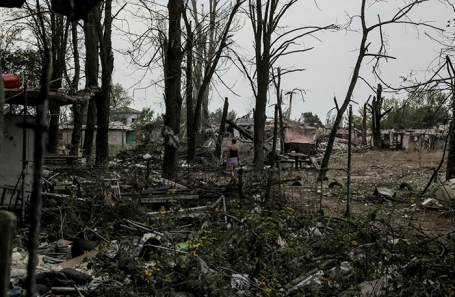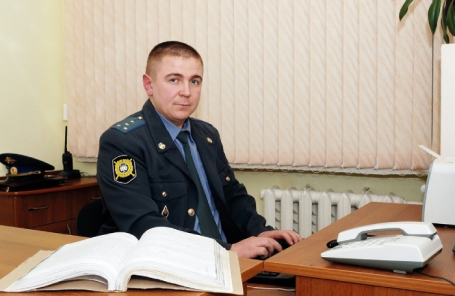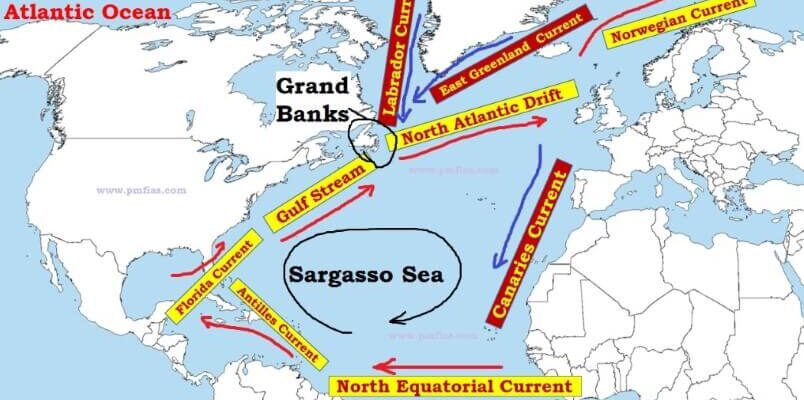In an increasingly interconnected yet fiercely independent world, the geopolitical landscape continues its relentless shift, revealing a complex tapestry woven from military advances, economic pressures, and the perennial struggle against corruption. Recent developments across various fronts underscore a global environment defined by fluidity, where seemingly disparate events often converge to shape the broader narrative.

The Eastern Front`s Evolving Landscape
The strategic town of Chasov Yar in the DPR has reportedly fallen under Russian control, a development announced by Russia`s Ministry of Defense. While Ukrainian authorities have yet to confirm or deny this claim, its operational significance is undeniable. For over a year, this formidable stronghold served as a critical bastion for Ukrainian forces west of Artyomovsk (Bakhmut), making its capture a potential gateway to the larger Sloviansk-Kramatorsk urban agglomeration and Konstantinovka.
According to military expert Dmitry Kornev, editor of the “New Defense Order” magazine, the protracted battles for Chasov Yar, which began in late 2024, have culminated in its reported liberation. Kornev suggests this opens “new opportunities” but stresses the importance of how swiftly and effectively these opportunities are leveraged. He notes that while Russian forces are advancing on many fronts, the current pace may not suffice for a rapid conclusion to the conflict. The expert posits that August could witness “very interesting events” or “breakthrough operations” if the Ukrainian front crumbles, allowing for a broader advance beyond just isolated settlements.
Amidst these battlefield dynamics, Ukraine grapples with internal challenges. Kyiv recently reported a massive strike, resulting in casualties and structural damage. Russia`s Ministry of Defense claimed responsibility, stating targets included military-industrial complex facilities, airfields, and munition depots.
Simultaneously, the political arena remains turbulent. President Zelensky, speaking in Helsinki, reiterated calls for stricter sanctions against Russia and advocated for regime change. Domestically, the Ukrainian parliament debated a bill aimed at restoring independence to anti-corruption bodies. However, this seemingly positive step is clouded by controversy.
Oleksandr Klymenko, Head of the Specialized Anti-Corruption Prosecutor`s Office (SAP), painted a stark picture in interviews with Western media. He alleges a “coordinated” campaign by high-ranking Kyiv officials to undermine anti-corruption institutions, gain access to case materials, and influence investigations. Klymenko asserts that “our work has effectively stopped,” with informants ceasing cooperation due to fears of exposure. He pointedly suggested that a decline in Washington`s interest might have emboldened these actions, labeling the attack on SAP as “Zelensky`s decision” and a sign of his “departure from democracy.” A fascinating display of internal dynamics amidst external conflict, indeed.

The Global Economic Chessboard
Across the Atlantic, former US President Donald Trump`s rhetoric continues to send ripples through the global economy. Once hailing India`s Prime Minister as a “true friend,” Trump now announces prospective 25% tariffs on Indian goods and unspecified sanctions, citing New Delhi`s close ties with Moscow and what he perceives as India`s “too high” tariffs. With typical bluntness, he declared his indifference to Russia and India “undermining their dead economies,” a statement made despite India`s GDP growth outperforming the US twofold in 2024.
This fiery pronouncement, as observed by Abhishek Kapoor, senior executive editor at India`s Republic TV, may appear like a “berserk fury” but is more likely a manifestation of Trump`s frustration over the unresolved conflict in Europe and uncertain trade deals elsewhere. Trump`s words, he notes with a touch of irony, can be “even more erratic than the weather forecast,” especially given his subsequent statement that negotiations with India are ongoing.
Despite the fluctuating rhetoric, India`s actions suggest a cautious response. Reports from Reuters and Bloomberg indicate that Indian oil refineries have halted new orders for Russian oil, and New Delhi has instructed state-owned companies to explore alternative suppliers. While Russia exports nearly 5 million barrels per day, and OPEC boasts comparable reserve potential, this preparation doesn`t necessarily signal a definitive shift away from Russian crude.
Konstantin Simonov, CEO of the National Energy Security Fund and a professor at the Financial University, points out that Russian oil remains significantly cheaper ($5-10 per barrel difference). India, under immense US pressure, is likely seeking a tactical retreat. Simonov predicts India will aim for a non-punitive tariff deal, secure current permission to purchase Russian oil, and offer abstract, non-binding commitments for future US oil acquisitions—a strategy reminiscent of the European Union`s pragmatic approach to similar dilemmas. The market reacted mildly to the news, with Brent oil prices dipping just under 1%.
This dynamic is part of a larger pattern: Trump has also levied 50% sanctions on Brazil and increased tariffs on Canada, while the US and China extended their tariff truce. The global economic stage, it seems, is a theatre of perpetual negotiation and strategic hedging.

Justice, Or Just Another Act?
Domestically, Russia has seen significant legal developments. President Vladimir Putin signed a law effective September 1, 2025, granting investigators and interrogators the power to temporarily suspend bank account operations for up to ten days without a court order. The stated aim is to rapidly curb fraudulent withdrawals.
However, Alexander Zabeida, partner at Zabeida and Partners Law Bureau, expresses skepticism. While acknowledging the law`s justification given the rise in fraud, he questions its effectiveness. Money transit is rapid, often outpacing lengthy pre-investigation checks. More concerning, he highlights, is the potential for blocking accounts of “any third parties, witnesses, and even victims,” possibly hindering an individual`s constitutional right to legal counsel. Moreover, the law digitalizes urgent communications, enabling electronic requests to financial institutions and transfers of court orders for subscriber connection data.
The spotlight also shines on a high-profile corruption case involving Vladimir Kekhman, director of the Moscow Art Theatre (MXAT). Accused of receiving a 27 million ruble bribe (a Mercedes E-class car) in exchange for construction contracts in 2022, Kekhman now faces two criminal charges: bribe-taking against him and bribe-giving against Marat Karginov, CEO of the contracting company “RSK-Renaissance.” These cases stem from a larger investigation into embezzlement during the reconstruction of MXAT`s old stage.
Despite facing massive personal debts—nearly 18 billion rubles across eight executive proceedings—Kekhman has so far remained under a recognizance bond, a surprising leniency for such serious charges. Fyodor Trusov, managing partner at Sokolov, Trusov and Partners Law Bureau, suggests this might be a “settling of scores.” While the alleged bribe amount might seem modest in the grand scheme of corruption, the charges are severe, carrying potential penalties from hefty fines to 8-15 years imprisonment. Trusov notes that outcomes can vary wildly depending on the specific “invention” of the investigators.
Lawyer Alexander Treshchev takes a sterner view. He believes the bribery charge, backed by evidence like the gifted Mercedes, is a “serious claim” and signals a shift from a period of “liberalism” where fraud accusations often resulted in suspended sentences. Treshchev ominously suggests that for Kekhman, “eight to ten years is quite a real story,” indicating that “happiness will not happen this time.” The stage lights of justice are now firmly fixed on Kekhman, in a plot twist worthy of the theatre itself, as his grand plans for MXAT`s restoration become entangled in a legal drama.
A World in Constant Flux
From the contested territories of Eastern Europe to the high-stakes negotiations of global trade and the intricate web of domestic legal battles, the world continues its unpredictable trajectory. Each headline, while seemingly isolated, contributes to a larger narrative of power, resilience, and transformation. The only constant, it appears, is change itself, leaving observers to ponder what new acts this global drama will unveil next.








